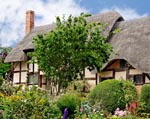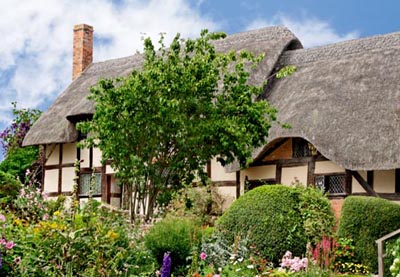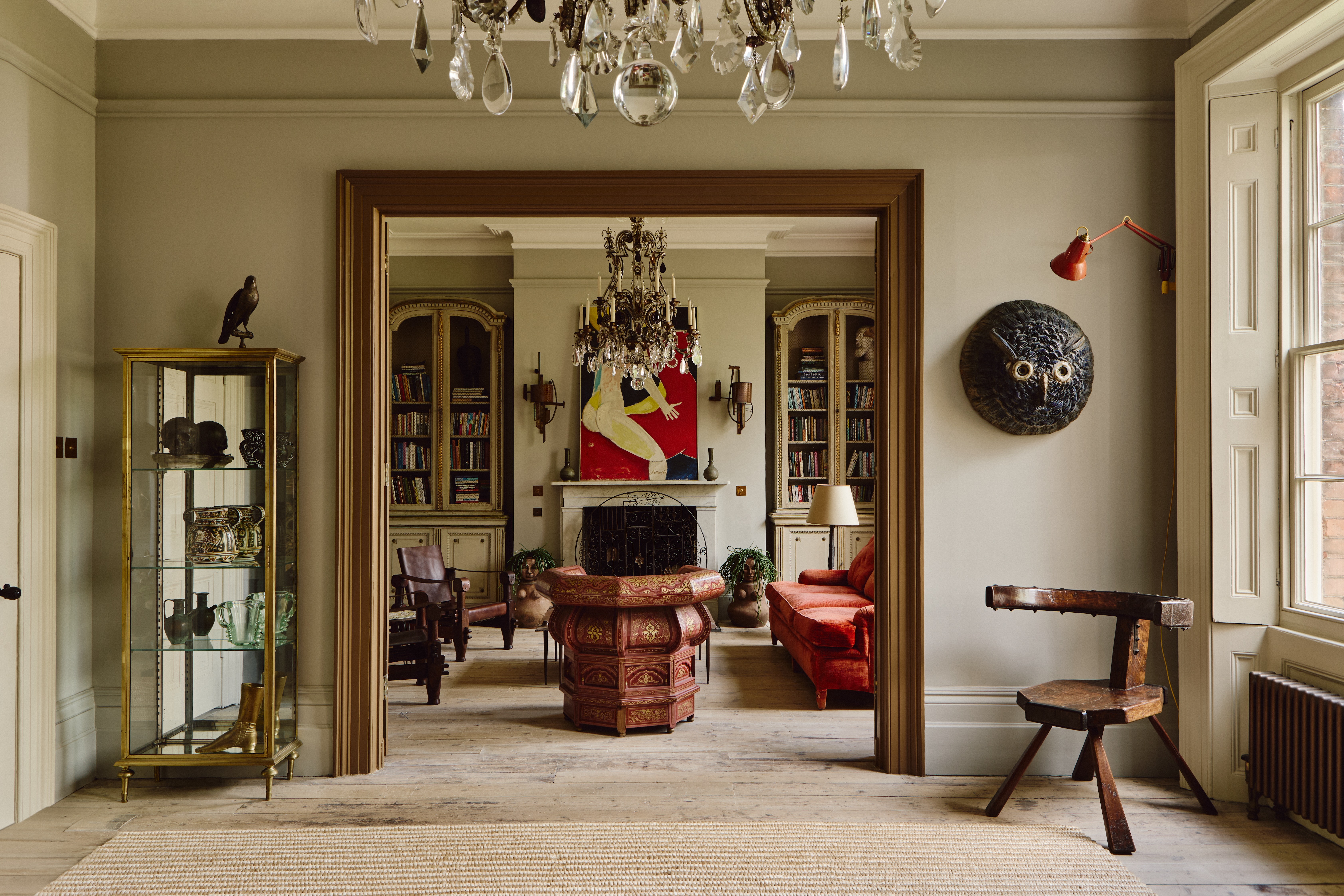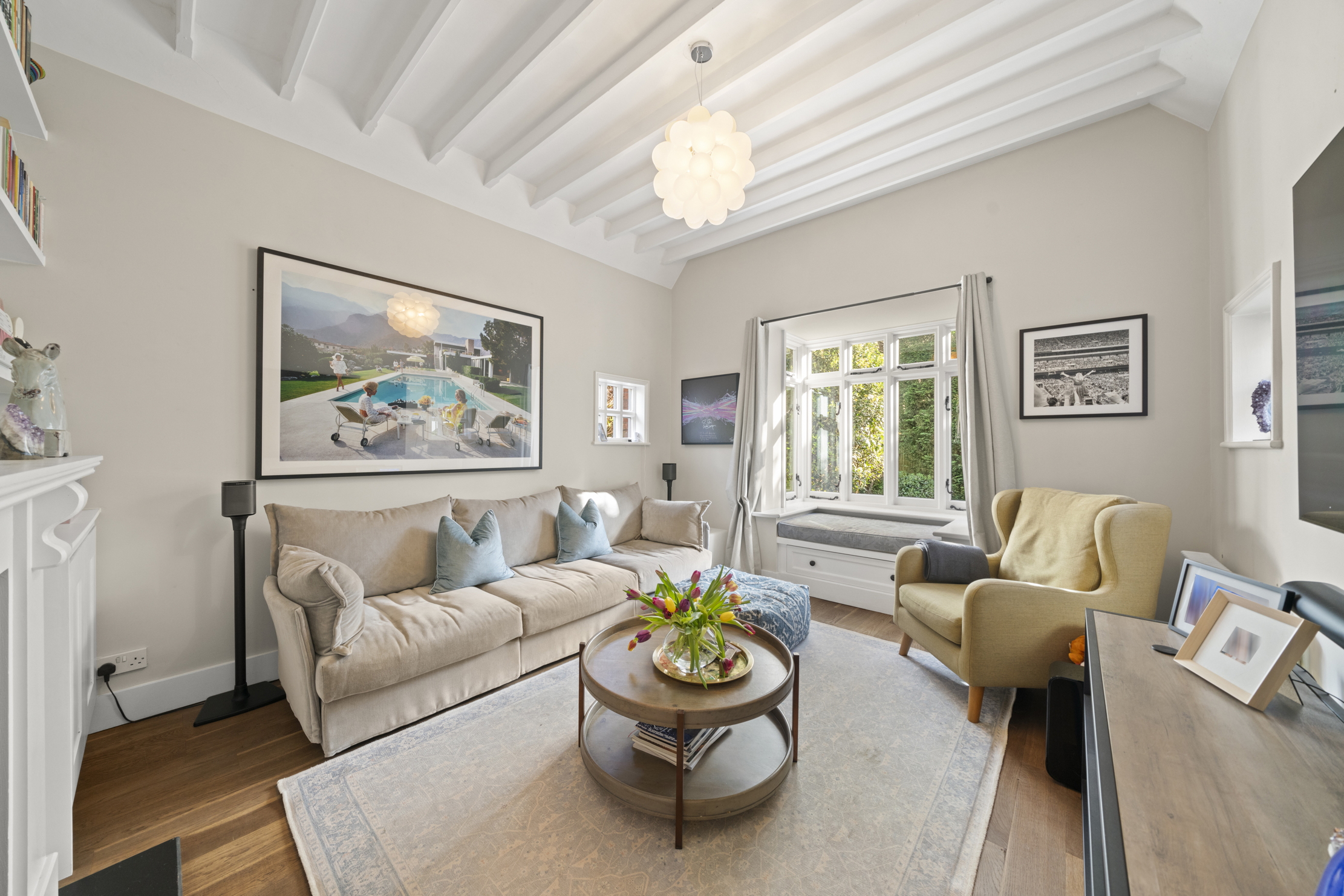Buying a cottage in the countryside
Charming, historic and easy to run, cottages are still a popular choice for those looking to buy a second home in the countryside


Better joy in a cottage than sorrow in a palace' is an adage that's been taken to heart by a number of buyers who've set their sights on smaller country properties over the past few years. Despite a general slowdown in the country market, with prices dropping by 1.7% since September 2010, the cottage, which fell by only 0.7%, is holding its own, reports Knight Frank in its latest prime country-house index.
The cottage is punching above its weight, agents believe, because of the widening divide between the London and country markets. A London family would once have chosen to move into a substantial country house after selling their property in town, but this is no longer the case. ‘With the London market outperforming other areas, some are now reluctant to sell, but still keen to take that first step with a smaller property for weekends and school holidays,' explains buying agent Charles Birtles from Charles Birtles Property Search.
The advantages of becoming a part- or full-time cottage dweller are many. Filmmaker Jane Treays, who's selling her 17th-century cottage in the Cotswold village of Chalford through Murrays (01453 755552; www.murraysestateagents.co.uk), says that they're cosy, warm and easy to maintain. ‘I like the energy you expend on a cottage: chopping logs, digging the garden and baking bread.

There's a great sense of connection with the past. I often wonder who sat by my fireplace 200 years ago, and I like the fact that donkeys still deliver groceries to cottages on hills in the village.' Guy James from Murrays likens their appeal to that of vintage cars with fine brass lamps, walnut dashboards and leather seats. ‘You just can't build history, and the majority of buyers reject the modern in favour of the characterful.'
Perhaps surprisingly, given the economic climate, the appetite for owning a cottage as a second home hasn't dwindled. Ben Marchbank of East Anglia agents Bedfords says that 85% of cottages sold through his agency last year in north Norfolk were purchased as second homes. Today, many buyers are ruling out the ‘long-weekend' house, in favour of the ‘weekend cottage', argues James Greenwood of Stacks Property Search. ‘Turning up at the office late on a Monday and disappearing Friday lunchtime is considered rash practice, so the weekend home really is for weekends, with just enough space for the family.'
The main attraction of a cottage these days is its size. It offers a base from which a city-based family can enjoy the countryside, as opposed to a larger, more high-maintenance house that's the focus of large-scale entertainment (and a never-ending circuit of friends coming to stay). Another large advantage of the second-home cottage is that it provides a perfect downsizing location further down the line. ‘Meanwhile, you can rent it out if desired, and finding tenants for a cottage is easier, and offers better returns, than a house, as many weekenders are eager to pay accordingly to get their hands on one,' Mr Greenwood adds.
That being said, cottages aren't for everyone. Unless a previous owner has lowered the floor, they invariably have low ceilings, with even lower beams that become an instant hazard for anyone more than 6ft tall. Layouts can be tricky, too: workmen's cottages are classically two-up and two-down, and frequently weren't built with corridors to link rooms, so you sometimes have to walk through one room to access others. Finally, small windows and gloomy rooms are another minus, and costly, or-if listed-impossible to alter, cautions Mr Marchbank.
Sign up for the Country Life Newsletter
Exquisite houses, the beauty of Nature, and how to get the most from your life, straight to your inbox.
Country Life is unlike any other magazine: the only glossy weekly on the newsstand and the only magazine that has been guest-edited by HRH The King not once, but twice. It is a celebration of modern rural life and all its diverse joys and pleasures — that was first published in Queen Victoria's Diamond Jubilee year. Our eclectic mixture of witty and informative content — from the most up-to-date property news and commentary and a coveted glimpse inside some of the UK's best houses and gardens, to gardening, the arts and interior design, written by experts in their field — still cannot be found in print or online, anywhere else.
-
 ‘It had the air of an ex-rental, and that’s putting it politely’: How an antique dealer transformed a run-down Georgian house in Chatham Dockyards
‘It had the air of an ex-rental, and that’s putting it politely’: How an antique dealer transformed a run-down Georgian house in Chatham DockyardsAn antique dealer with an eye for colour has rescued an 18th-century house from years of neglect with the help of the team at Mylands.
By Arabella Youens Published
-
 A home cinema, tasteful interiors and 65 acres of private parkland hidden in an unassuming lodge in Kent
A home cinema, tasteful interiors and 65 acres of private parkland hidden in an unassuming lodge in KentNorth Lodge near Tonbridge may seem relatively simple, but there is a lot more than what meets the eye.
By James Fisher Published
